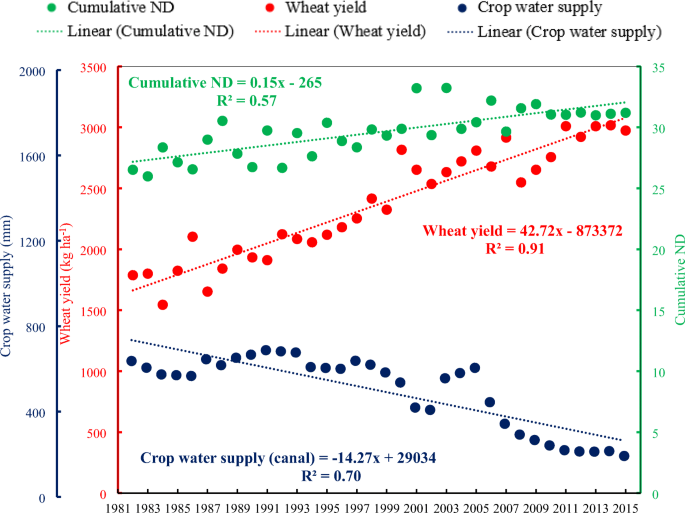Finding square root by prime factorisation is an easy method.
Find the square root of 1600 by prime factorization.
I decompose the number inside the square root into prime factors.
Ii inside the square root for every two same numbers multiplied one number can be taken out of the square root.
Thew following steps will be useful to find square root of a number by prime factorization.
Finding square root of a number by prime factorization square root of a number is the value that returns the original number on multiplied by itself.
Notice 196 2 2 7 7 since there is an even number of prime factors and they can be grouped in identical pairs we know that 196 has a square root that is a whole number.
Take one factor from each pair.
It is often taken as the smallest natural number however some authors include the natural numbers from zero.
The product obtained in step v is the required square root.
Taking one number from each pair and multiplying we get.
Prime factors of 1600.
0 00 how to fin.
Square root of 1600.
Find primes by trial division and use primes to create a prime factors tree.
Prime factorization by trial division.
Determine the square root of 196.
Square root by prime factorization method example 1 find the square root.
Your prime factorization is the empty product with 0 factors which is defined as having a value of 1.
Since the number is a perfect square you will be able to make an exact number of pairs of prime factors.
Your prime factorization is the empty product with 0 factors which is defined as having a value of 1.
It is often taken as the smallest natural number however some authors include the natural numbers from zero.
To learn more about squares and square roots enrol in our full course now.
Is 1600 an odd number.
Iii combine the like square root terms using mathematical operations.
Https bit ly exponentsandpowersg8 in this video we will learn.
1962 h714 determine the square root of 84.
The number 1 is not a prime number but a divider for every natural number.
Say you want to find the prime factors of 100 using trial division.
We cover two methods of prime factorization.
Start by testing each integer to see if and how often it divides 100 and the subsequent quotients evenly.
The number 1 is not a prime number but a divider for every natural number.

